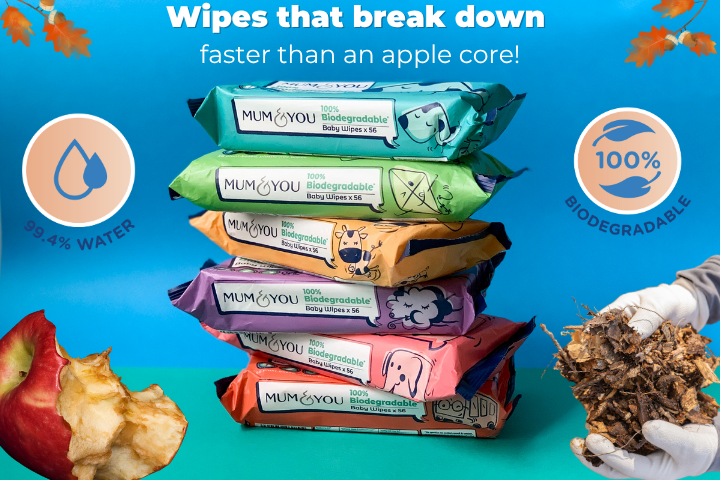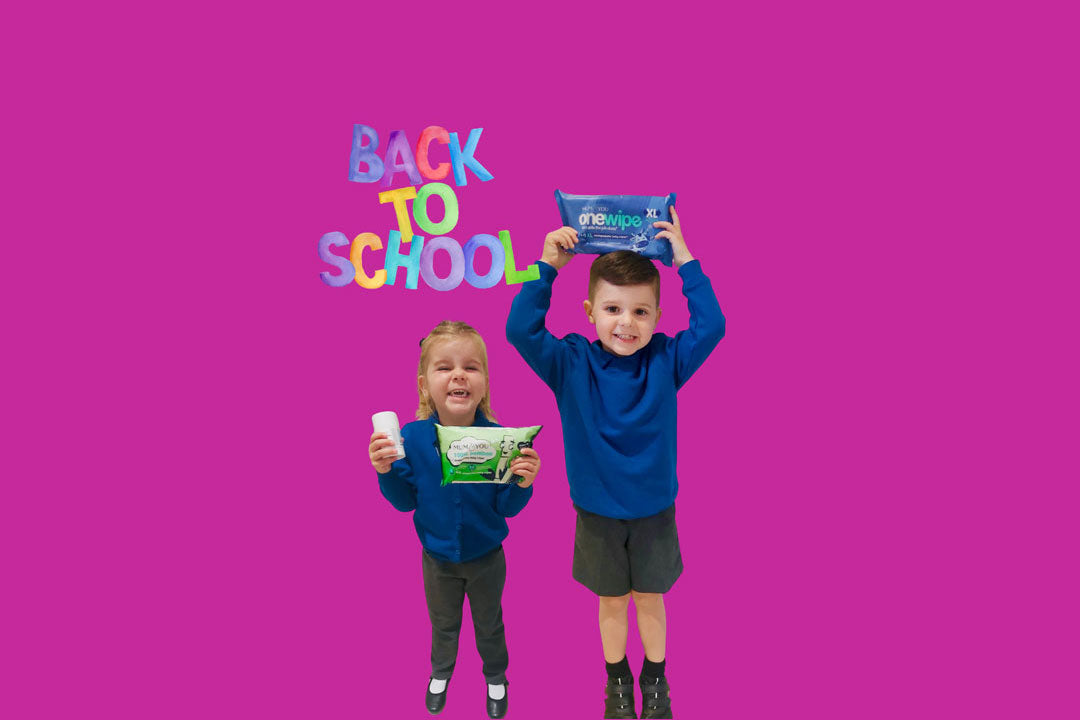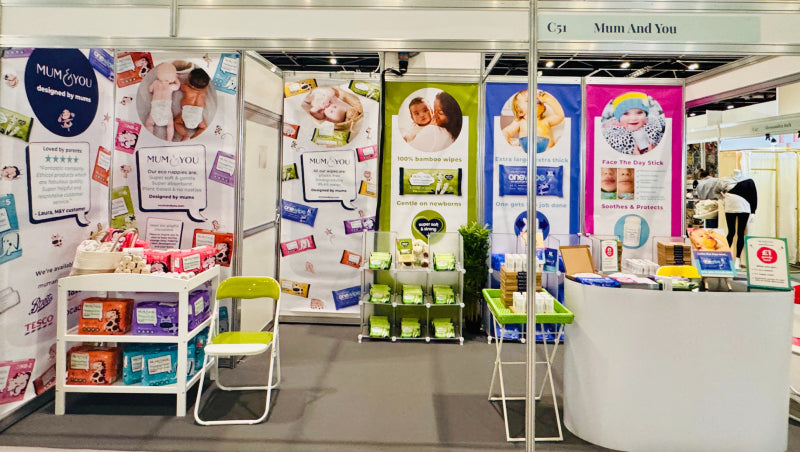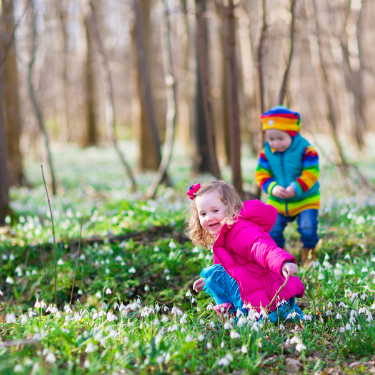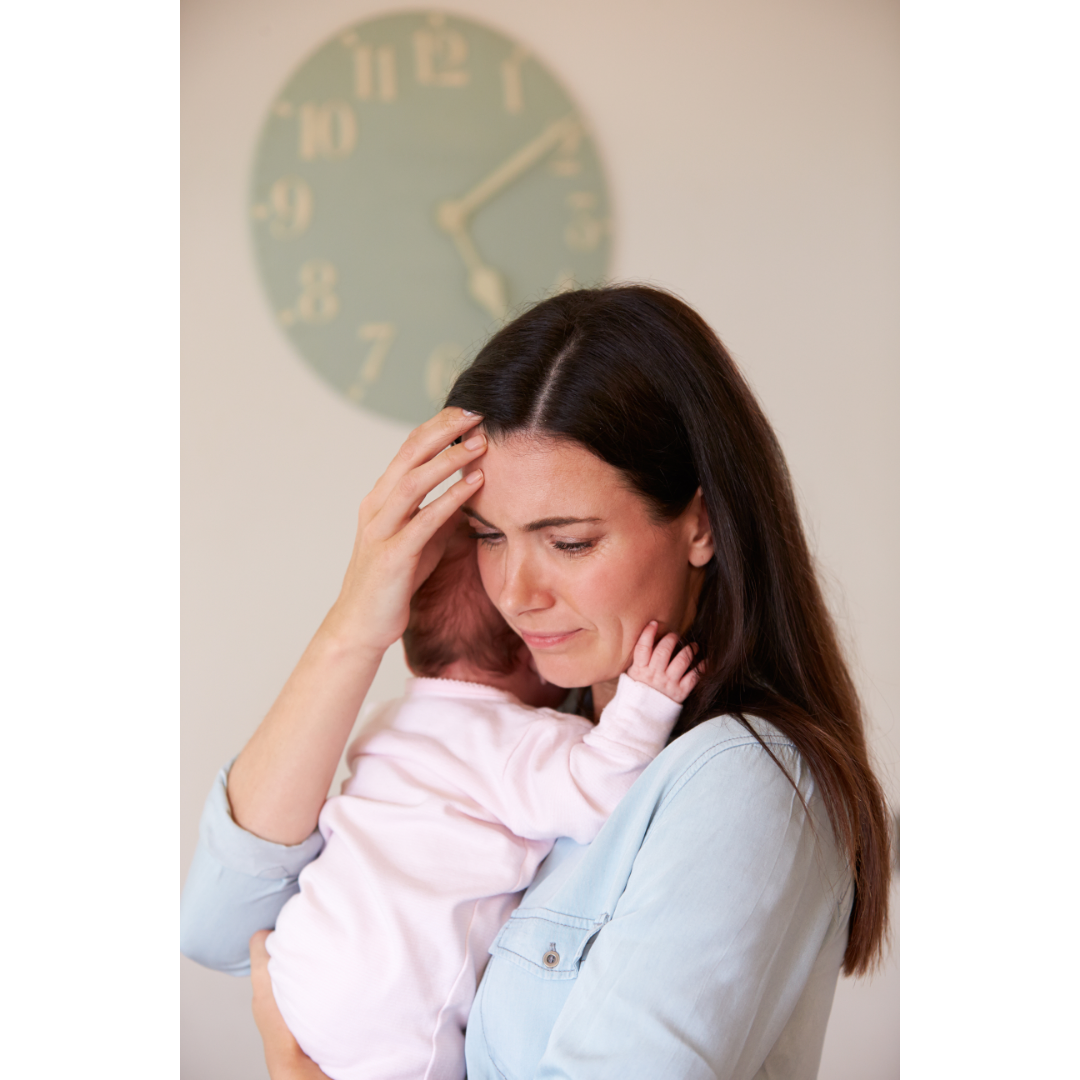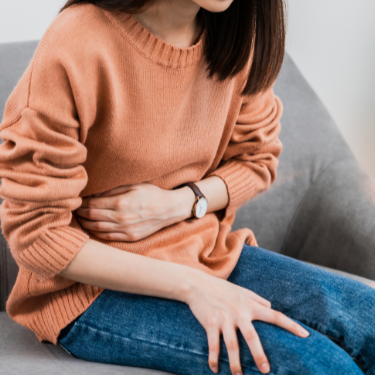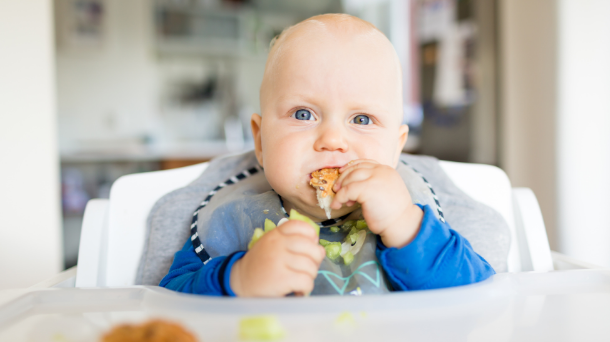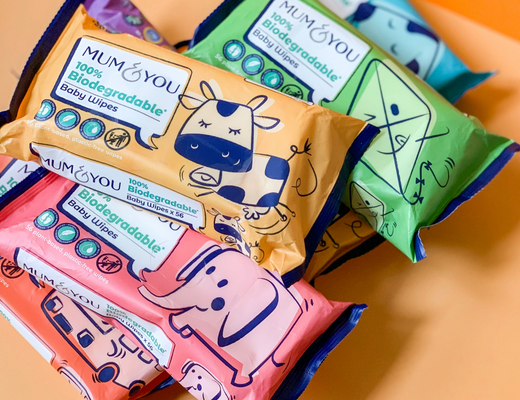
Why is plastic in baby wipes a bad thing?
The UK government are set to ban plastic in wipes in England in 2024. But why is plastic so bad?
Here's 3 reasons why plastic in baby wipes may be harmful...
1. Plastic found in many leading baby wipes can take hundreds of years to decompose, which could lead to environmental pollution and harm to wildlife. Plastic can break down into microplastics, which can enter the food chain and accumulate in the bodies of animals and humans. Mum & You baby wipes have always contained zero plastic and are 100% biodegradable and compostable too!
Did you know that Mum & You baby wipes disintegrate faster than an apple core? Yep, we tested it! Our lab tests show that Mum & You biodegradable baby wipes disintegrate in only 3 days, compared to an apple core which took 7 days in simulated landfill conditions. They're compostable too!
2. The production and disposal of plastic in baby wipes contributes to the overall problem of plastic waste and pollution. Thankfully some companies, like Mum & You, have developed eco-friendly alternatives to traditional baby wipes, such as wipes made from natural materials.
Mum & You baby wipes are plant-based and made from PEFC certified sustainably sourced, naturally derived viscose - a special material made from the most abundant and renewable wood fibre on Earth. The packaging is also 100% recyclable, the first wet baby wipes to have this in the UK

3. Plastic in baby wipes may cause skin irritation and allergic reactions in some babies, particularly newborn or eczema prone skin. The plastic fibers can also be abrasive and damage delicate skin, which may lead to rashes and other skin conditions.

Using eco alternatives can help reduce the environmental impact of baby wipes and provide a kinder option for babies' delicate skin.Mum & You baby wipes are made from 99.4% water and 99.5% of our ingredients are naturally derived. Every ingredient we use has been handpicked for its gentle, moisturising and cleaning properties. Mum & You biodegradable baby wipes are also hypoallergenic & dermatologically tested, ensuring they are suitable from newborn, and for those with sensitive and eczema-prone skin. They are Leaping Bunny approved, registered by Vegan Society.
Using eco alternatives can help reduce the environmental impact of baby wipes and provide a kinder option for babies' delicate skin.
If you to switch to a plastic free baby wipe, explore and shop Mum & You baby wipes

*Wipes are compostable according to European Standards EN13432 and are certified by TÜV Austria as OK compost Home. Wipes used for dirty nappies (poo!) should be disposed of along with your normal household waste. Disintegration test method ASTM D5511. We use fibres certified by PEFC (Programme for the Endorsement of Forest Certification) from sustainably managed forests and controlled sources under licence number PEFC/16-33-1862.

